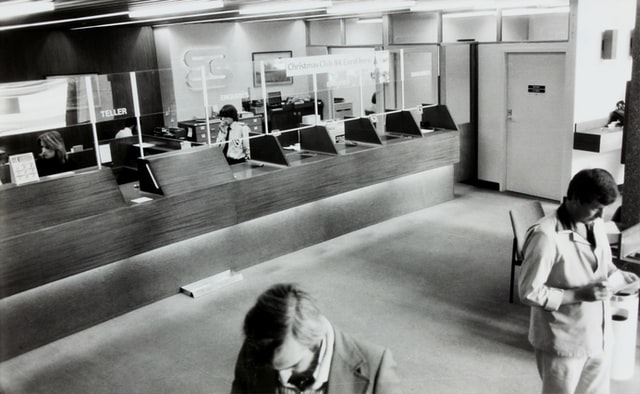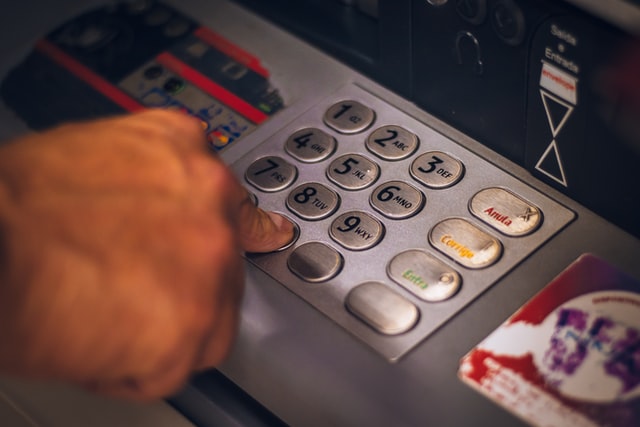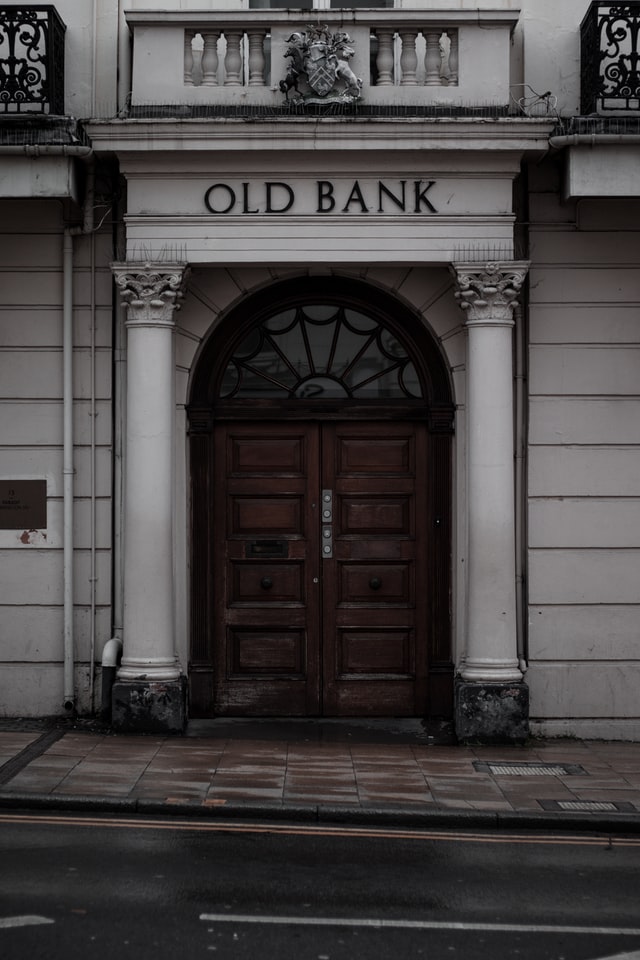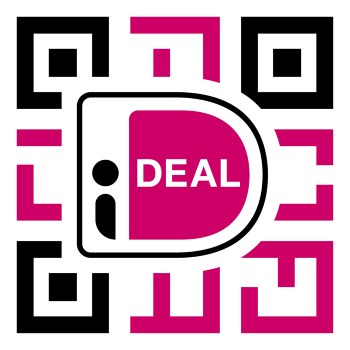Banking in the Netherlands
To receive your salary and pay expenses such as rent and electricity you need to open a bank account. You can go to a bank in person, but the majority of banks in the Netherlands offer services electronically.

We explore in this section
Opening a bank account in the Netherlands
To open a bank account, go to the bank branch in your area, or visit one of the their websites. There are many banks to choose from.
The major ones are ABN AMRO, ING, Rabobank and KNAB (online only).
To open a bank account in person, take the following documents with you:
- proof of identity (passport or identity card)
- official proof of address, such as a tenancy agreement
- personal public service number(burgerservicenummer)
- if you are from a country outside the EU, your residence permit or registration with the Foreign Police (Vreemdelingenpolitie).
Methods of payment of Dutch banks
In the Netherlands, payment is usually made in cash with euros or by maestro card (pinpas). Most places, including hotels, restaurants and bars also accept credit cards. Recently supermarkets are starting to accept credit cards for private and business customers.
There are plans to replace the maestro card to a debit card in juli 2024. Which will mean that credit cards will be accepted every where then. Cheques are not commonly used in the Netherlands. Banks offer package deals which include a variety of services and means of payment.
Can foreigners open bank account in Netherlands?
Yes, you can open a bank account as a foreigner. You need an international passport, EU-passport or Dutch ID to open a bank account in the Netherlands. You will also need a BSN (Burgerservicenummer) to open the bank account.
Can I open a bank account in Netherlands without BSN?
For all Dutch banks you need a BSN (burgerservicenummer) to open a bank account. Some online banks where you can open a Dutch bank account without a BSN, such as Bunq but you will need to supply this later (90 days).

How much does it cost to open a Dutch bank account?
Most banks charge an annual fee. The fee is dependent on the type of account and the method of payment you choose. Annual costs vary between 10 and 60 euros with less expensive options in place for students. If you would like a credit card with your Dutch account, the bank charges additional costs.

What is iDeal?
iDeal is an online payment method where you use your Dutch debit card. Every major bank in the Netherlands offers this payment method. Most banks offer to pay online with your mobile app. The payment is started in your browser and you confirm the payment in your mobile banking app.

FAQ about Banking in The Netherlands
What is the SEPA?
SEPA means Single Euro Payments Area and is made by the European Union which came into effect on 1/2/2014. It means that there will no longer be any difference between domestic and cross-border euro payments within Europe.
What is my IBAN?
IBAN stands for International Bank Account Number. It is a unique bank account number which allows your bank account number to be identified and understood by all financial institutions worldwide.
Can I open an offshore account with a Dutch bank?
Yes, several major Dutch banks (like ABN AMRO, RABOBANK and ING) but also the smaller banks offer the possibility to open an offshore account.
Recommended banks
ABN Amro
ABN AMRO Bank N.V. is a Dutch bank with headquarters in Amsterdam and is the third-largest bank in the Netherlands. They offer their services for the most part in English and are very welcoming to expats.
bunq
Ready to join banking’s digital revolution? Then join bunq today, and sign up for the fully mobile bank account for expats living in the Netherlands. Open an account in 5 minutes.



